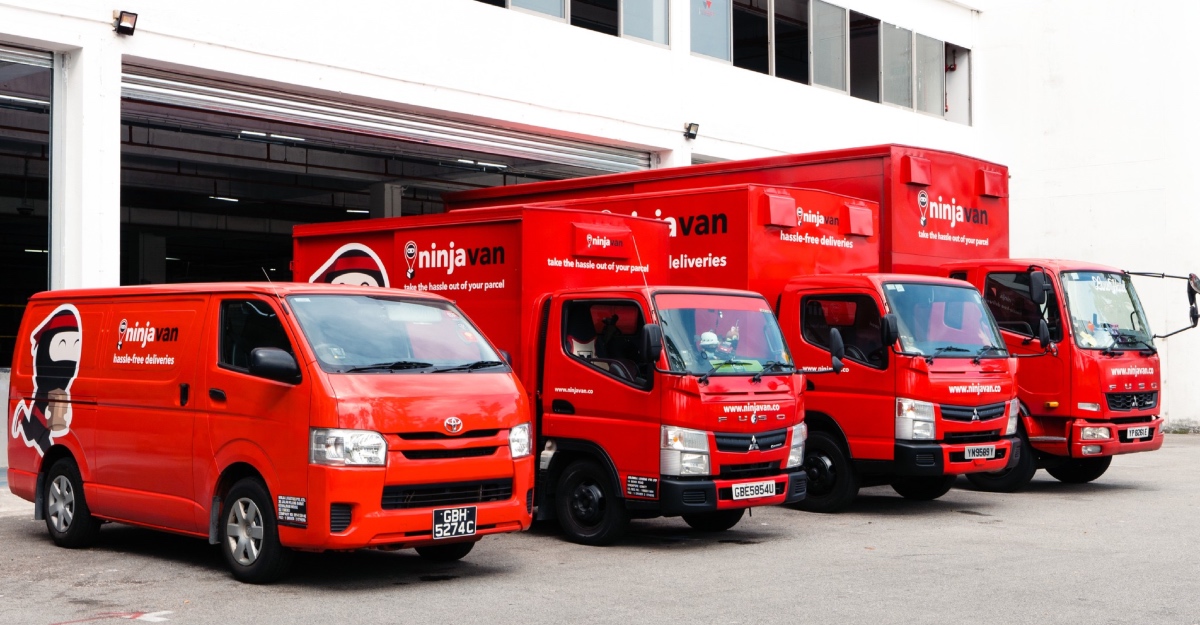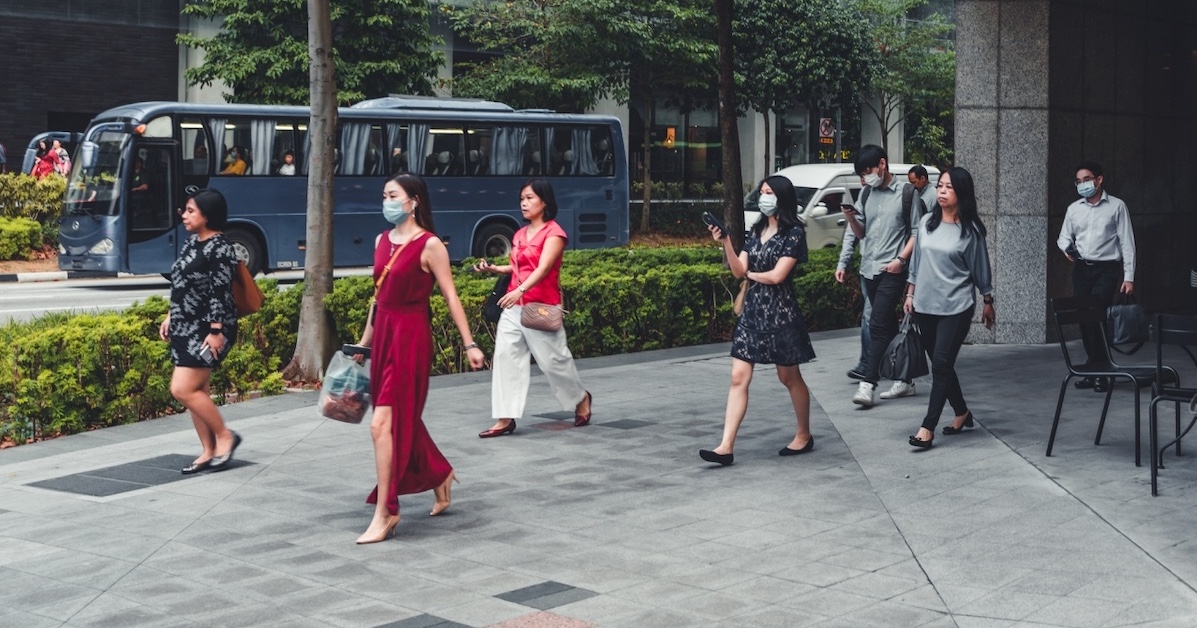Finance Minister Heng Swee Keat has announced three significant budgets in a span of just seven weeks, which is an absolute first in Singapore’s history.
The trio of packages total to $59.9 billion worth of measures, and Mr Heng has even received the President’s in-principle support to further draw an additional $4 billion from past reserves.
President Halimah had earlier given her in-principle support for the government to draw up to $17 billion from past reserves to fund some of the measures in the Resilience Budget.
With the significantly stricter pre-emptive measures needed to protect Singaporeans, Mr Heng said that it is now “necessary” to propose a further draw on past reserves.
The fact that the government has to dip into the past reserves twice in less than a fortnight shows the severity of the Covid-19 impact on our economy.
While the various Budget measures definitely help to alleviate the strain that businesses are feeling from the crippling pandemic, is it actually sufficient?
A Closer Look At How Businesses Can Benefit From Solidarity Budget
The government’s latest round of support measures are undoubtedly impressive, in terms of both the scope and also the speed at which they will be rolled out.
Called the Solidarity Budget, its main purpose is to “save jobs and protect livelihoods” of Singaporeans, according to Mr Heng.

In this Budget, he has increased support for the the 3Cs — cash, cost and credit — to support firms’ immediate needs.
During this month-long circuit breaker period, businesses will receive additional help with labour and rental costs, as well as financing support.
1. Help with labour costs
To help businesses retain their workers in the coming weeks when many firms may not be able to operate or can only at a much reduced level, and for business to be up and running quickly after the circuit breaker is lifted, the Jobs Support Scheme (JSS) will be enhanced.
The wage subsidy for all firms will be raise to 75% of gross monthly wages for the $4,600 of wages paid in April 2020, for all local employees. This is up from 25% of the first $4,600 of gross monthly wages for all local employees previously.
This wage subsidy applies to every one of over 1.9 million local employees. The first JSS payout will be brought forward from May to April 2020.
In addition, help will be given to ease labour costs of employers who have hired foreign workers, to help them take care of these workers during this circuit breaker period.
There will be a waiver of monthly foreign work levy due in April 2020, as well as a foreign worker levy rebate of $750 for each Work Permit or S-Pass holder, based on previous levies paid in 2020.
2. Help with rental costs
The Ministry of Law introduced a bill on April 7 to let businesses and individuals defer certain contractual obligations, such as paying rent, repaying loans, or completing work, for a period.
This bill will also ensure that property owners pass on the property tax rebate in full, to tenants to ease their rental costs.
The government will increase rental waiver for industrial, office and agricultural tenants of government agencies to 1 months, up from 0.5 month’s rental waiver previously announced.
3. Enhanced financing support
Further enhancements to financing support for enterprises will be made so businesses can continue to have access to credit, despite uncertainties.
Government’s risk share of loans made under the Temporary Bridging Loan Programme, Enterprise Financing Scheme (EFS) – Working Capital Loan and EFS – Trade Loan will be increased from 80% to 90% for loans initiated from 8 April 2020 till 31 March 2021.
To help SMEs with temporary cash flow difficulties, the Monetary Authority of Singapore (MAS), together with the financial institutions introduced a package of measures.
What’s Lacking?
The measures to help labour costs is a clear indication that the government is trying to curb retrenchment and no-pay leave. However, many companies have already initiated cost-cutting measures by imposing salary and hiring freezes on top of pay cuts.
Particularly, the up to 75 per cent wage support for local employees in April is inadequate, given that it is applicable for only a month. This is not enough to dissuade retrenchments, should the turnaround of economic conditions take much longer than expected.

Likewise, waiving the foreign worker levy for one month may not be sufficient for many firms to retain their foreign workers.
The government’s financial support is targeted at saving jobs for locals, so firms with larger share of foreign workers will receive far less.
Job losses are expected to spike to about 150,000 to 200,000 for the full year, and foreign workers are likely to account for more than half of the job losses.
In terms of rental, there was unfortunately no rental relief. This is disappointing because rentals are often just as onerous a cost as labour, making up around a third of business costs.
While businesses can gain breathing space from the deferred rents, landlords seem to be getting the short end of the stick. Their short-term cashflow will be impacted despite needing to still service their mortgage loans, which consist of interest costs and principal repayments.
Lastly for the enhanced financing support, there is insufficient boost to much needed zero interest credit lines for SMEs, many of which are facing around 50% cuts in credit lines from banks.
In all, the overarching problem with these measures is that they are simply a form of temporary relief, and do not help to address long-term needs.

Beyond this, the Resilience Budget has extended financial help to specified sectors such as aviation, tourism and F&B sectors. However, this Solidarity Budget failed to address the retail sector, which is among the worst-hit in Singapore.
Retailers have been badly affected by this circuit breaker, so the government should have spared extra efforts to help this segment.
We Are Still Slipping Into A Recession
With non-essential businesses and other activities being stood down for a month, the measures from the Solidarity Budget do little to prevent Singapore from slipping into a recession.
If the world and Singapore remains in recession in the fourth quarter, another fiscal package may be necessary.
With uncertainty in the horizon, Mr Heng has said that the government will continue the situation closely and it is prepared to propose further draws on past reserves.
Nobody knows if the month-long circuit breaker is sufficient to curb the spread of Covid-19, so more supplementary Budgets is definitely still on the table.
For now, let’s remain assured that the government stands ready to provide further support should the Covid-19 situation take a turn for the worse down the road.
Featured Image Credit: Edgar Su via Reuters








